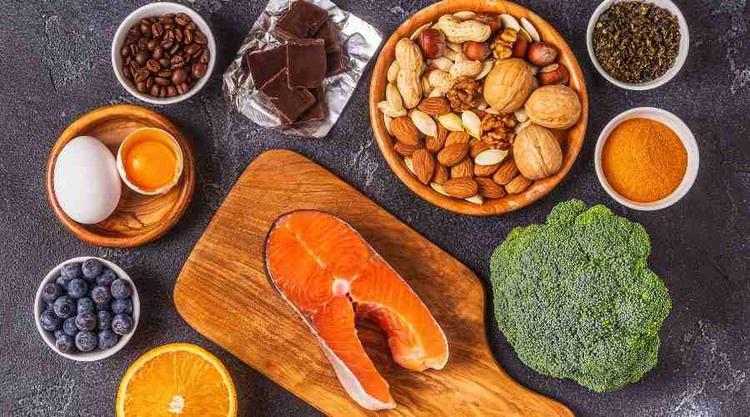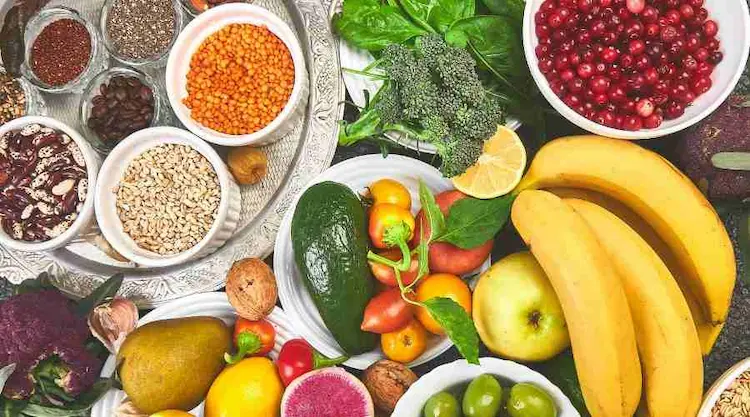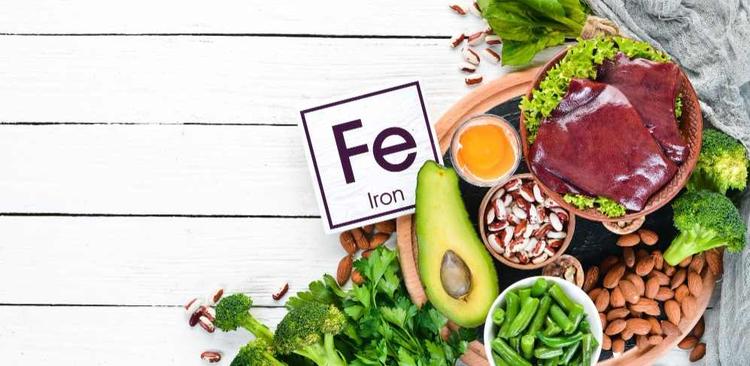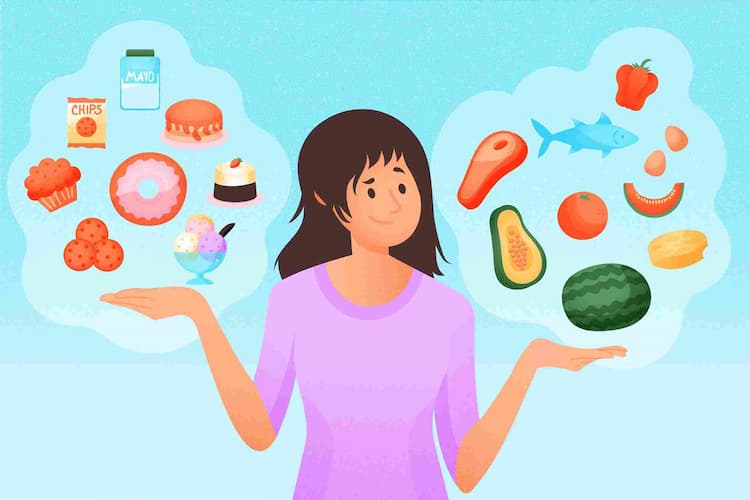Iron Rich Foods Vegetarian: Boost Your Health Naturally

Medically Reviewed By
Dr. Ragiinii Sharma
Written By Komal Daryani
on Feb 3, 2024
Last Edit Made By Komal Daryani
on Mar 18, 2024
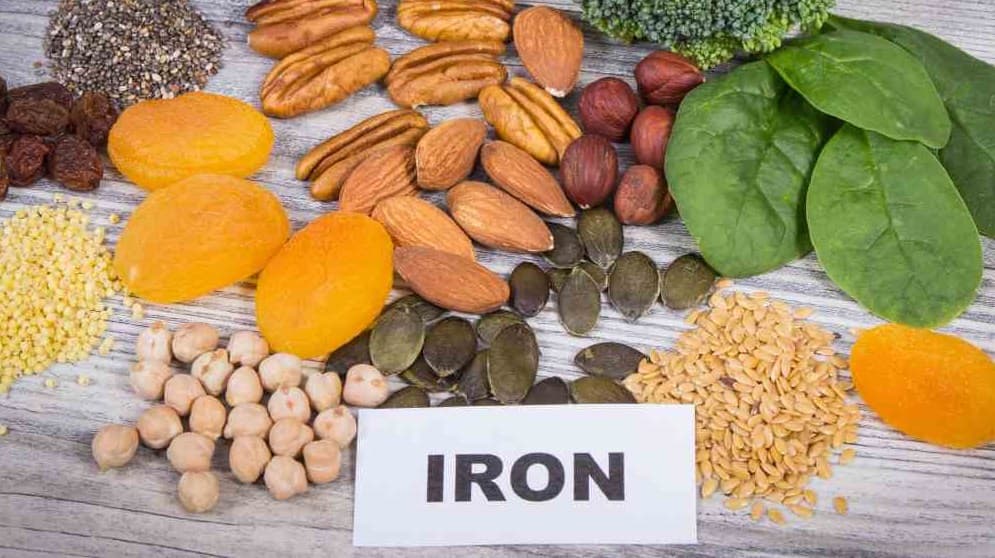
Iron is a crucial mineral that is vital for maintaining blood cells, strong muscles, and high energy levels in the body. Iron is available in a lot of food products all around us. However, for vegetarians, absorbing an appropriate amount of iron can be a bit challenging considering the fact that the form of iron found in vegetarian food (non-heme iron) is difficult to absorb, compared to iron found in animal sources (heme iron). But, it’s not as if people who follow vegetarian diets don’t have any alternatives. There are specific plant-based foods that are rich in iron and can help meet daily requirements effectively.
Importance of Iron:
Iron levels should always be kept high in the body as it helps in the production of blood cells, which transport oxygen throughout the body. Iron deficiency can lead to fatigue, weakness, and dizziness, making it essential to ensure an adequate supply of this mineral is being provided to the body.
Iron-rich food vegetarians:
- Legumes: Beans, lentils, and chickpeas are excellent sources of iron. For instance, a cup of cooked lentils contains approximately 6.6 milligrams of iron, while chickpeas and black beans contain about 4.7 and 3.1 milligrams per cup. Additionally, they’re also rich in protein and fibre, which are necessary for muscle development, having a healthy bowel movement, and regulating blood sugar levels in the body.
- Leafy Greens: Spinach and kale are two of those vegetables which are known for their iron content. A cup of cooked spinach contains about 6.7 milligrams of iron, while kale offers around 2.1 milligrams of per cup. They can be easily included in your daily diet like in salads, smoothies, or stir-fries.
- Nuts and Seeds: Pumpkin seeds are notably on the higher scale for iron content. About a quarter of a cup of pumpkin seeds can provide about 4.2 milligrams of iron. Other sources like almonds, sunflower seeds, and cashews offer 1-2 milligrams of iron per quarter-cup serving, making them convenient for snacking or adding to the meals.
- Tofu and Tempeh: These soy-based products serve as substantial sources of both protein and iron. A half cup of tofu contains 3.4 milligrams of iron, while tempeh provides 2.4 milligrams. They are versatile ingredients suitable for various dishes.
- Other Iron-Rich Options: Quinoa, a complete protein grain, offers roughly 2.8 milligrams of iron per cup. Fortified breakfast cereals and dark chocolate (70% cocoa or higher) are also great sources, supplying over 3 milligrams of iron per serving.
Enhancing Iron Absorption:
Consuming iron is one thing, but having the ability to absorb it is another deal altogether. Plant-based iron absorption can be optimised by combining iron-rich foods with sources like vitamin C, such as citrus fruits, tomatoes, bell peppers, or broccoli. Vitamin C significantly aids in iron absorption, potentially tripling its uptake. Avoiding coffee and tea during meals, as they can inhibit iron absorption, and cooking in a cast-iron skillet can also slightly boost iron intake.
Incorporating Iron-Rich Foods:
It’s very easy to incorporate iron-rich food into your daily diet:
- Breakfast: Oatmeal with berries and seeds or a spinach and tofu smoothie are iron-rich options.
- Lunch: Choices like lentil soup, a veggie burger with avocado, or chickpea and quinoa salad are highly recommended foods for iron supply.
- Dinner: Stir-fried tofu, black bean burgers, or lentil stew are nutritious and iron-packed dinner choices you could go for to replenish your iron deficiency.
- Snacks: Nuts, seeds, dried fruit with dark chocolate, or vegetable sticks with hummus make for iron-rich snacks.
Variety is the key. While iron derived from vegetarian food might not be complete, you can make your plate full of a variety of cooked food. There is a reason why in India, our plates are filled with different vegetables, curd, salad, and lentils. Exploring a wide range of plant-based iron sources can help maintain adequate iron levels for sustained energy and overall health. For personalized diet charts or concerns about iron intake, consulting a doctor or a dietician is the way to go.
Forget the myth that iron and vegetarian diets don’t mix. This guide unlocks the secrets to boosting your iron levels with delicious, plant-based alternatives. From legumes packing a protein punch to leafy greens overflowing with goodness, discover a vibrant world of iron-rich possibilities.
Maintaining optimal iron levels is key to sustained energy, vitality, and overall well-being. While a varied, iron-rich diet is your first line of defence, it’s crucial to listen to your body. Redcliffe Labs offers comprehensive iron deficiency testing to assess your levels and tailor a personalized plan for peak health. Take the first step towards a vibrant, iron-fueled life – visit Redcliffe Labs today and unlock the full potential of a healthy, vegetarian you! Unleash the iron within! Get your iron levels tested at Redcliffe Labs. Contact us today for a hassle-free appointment and unlock the path to sustained energy and well-being.
